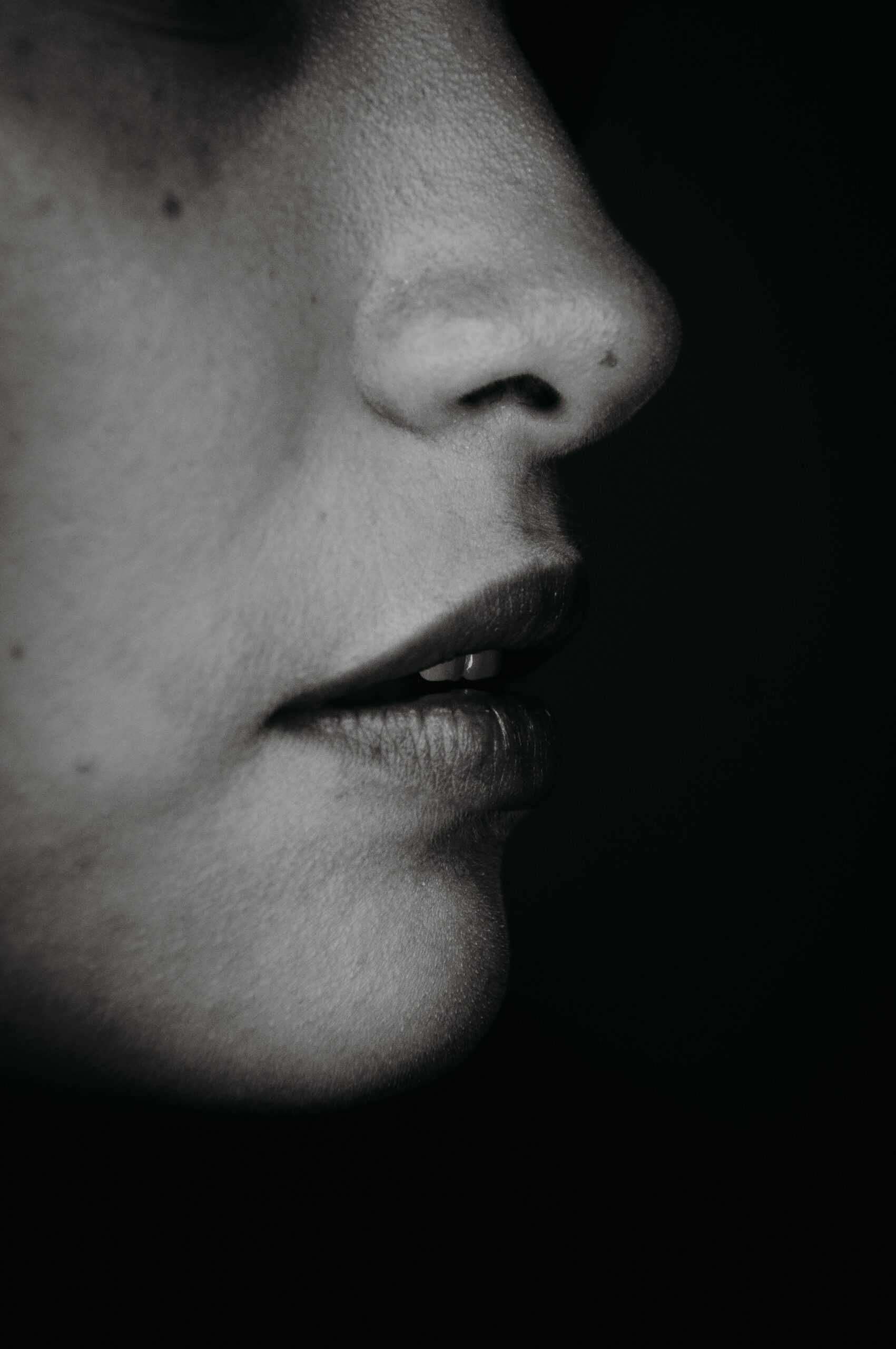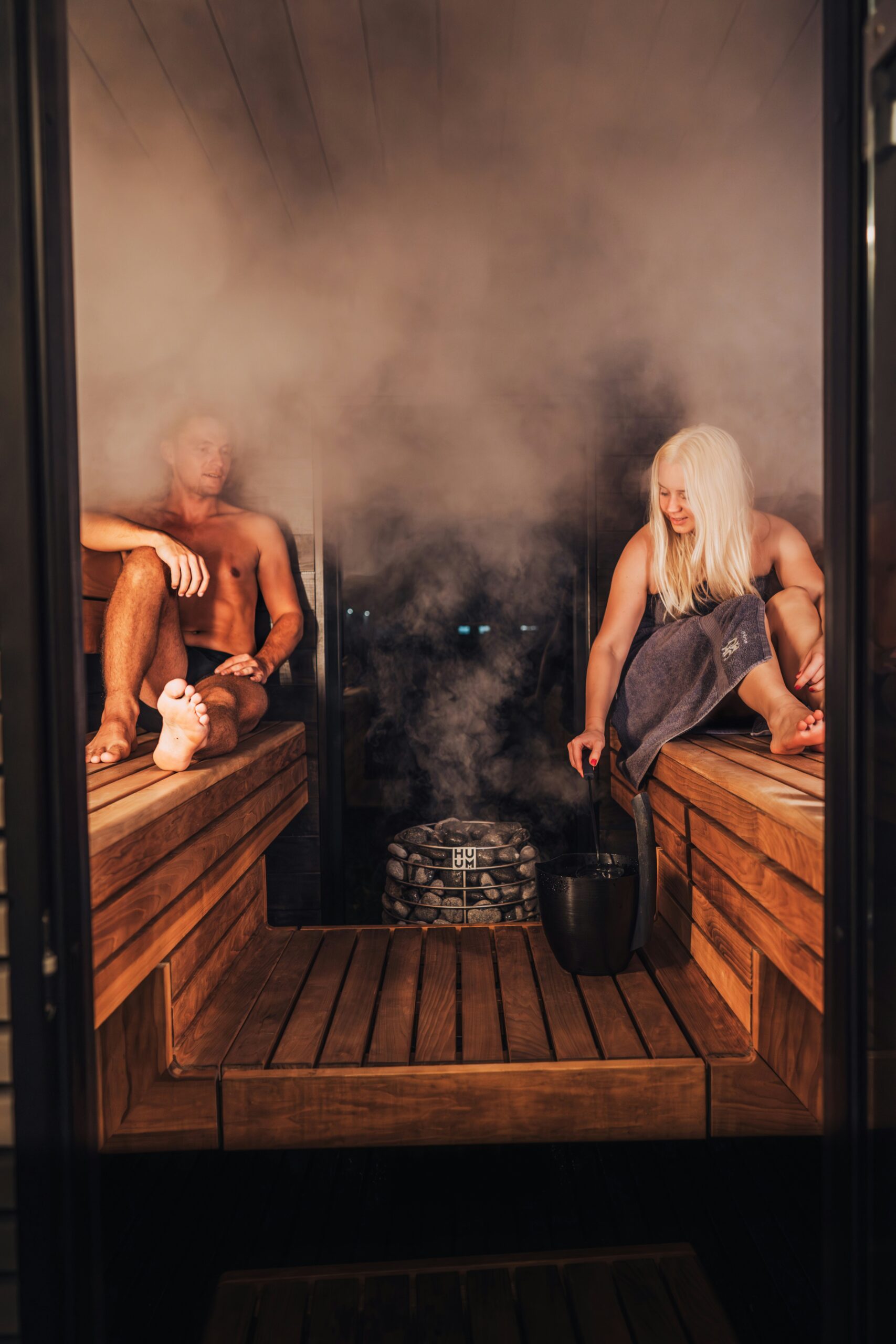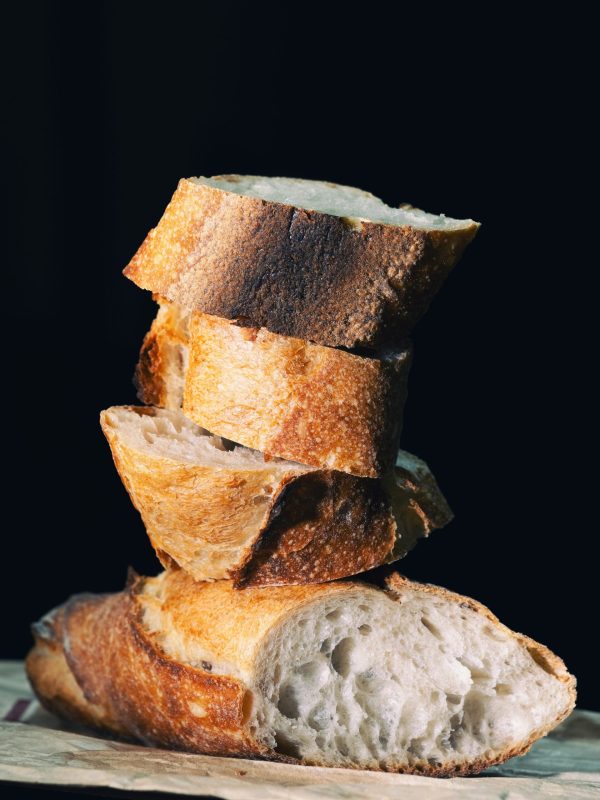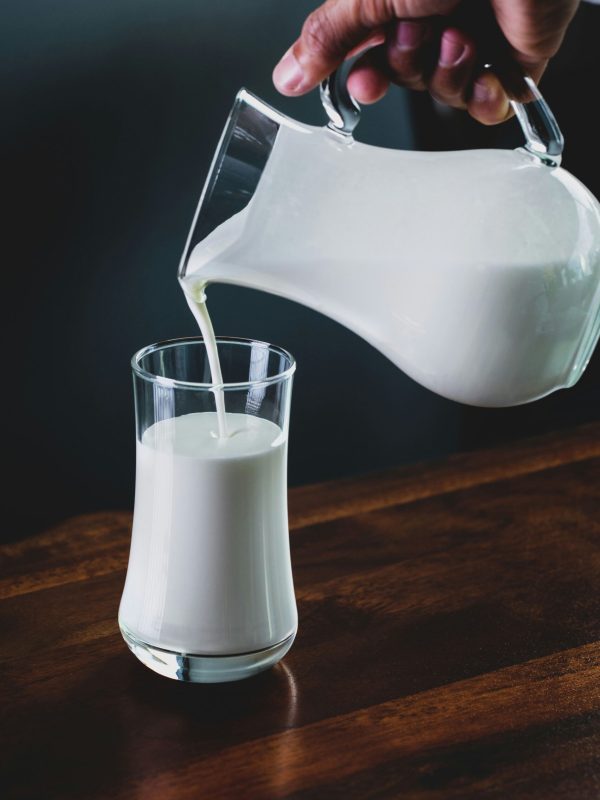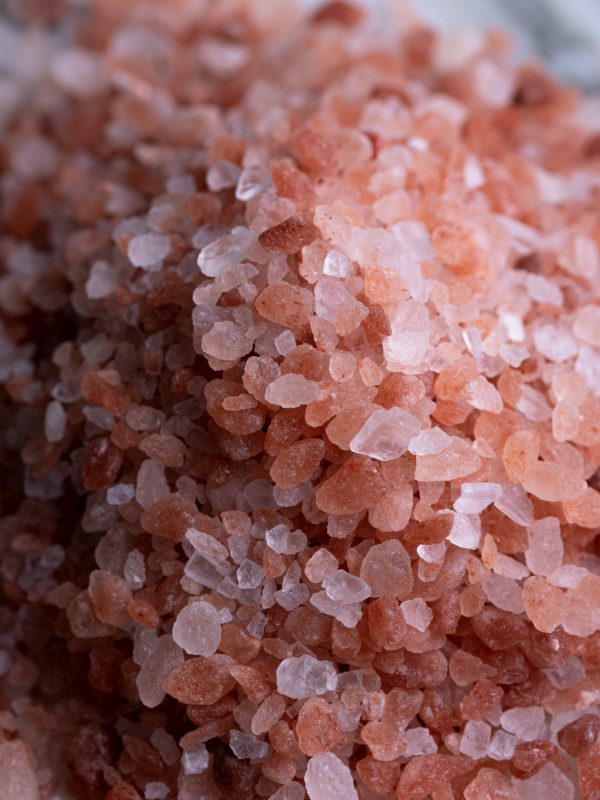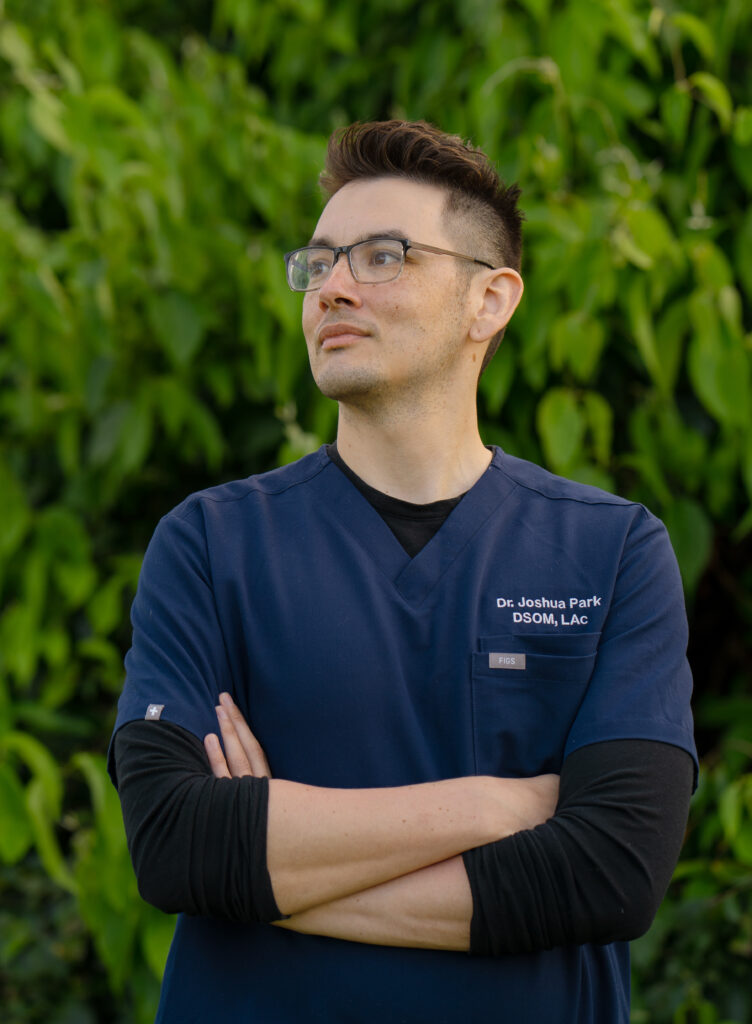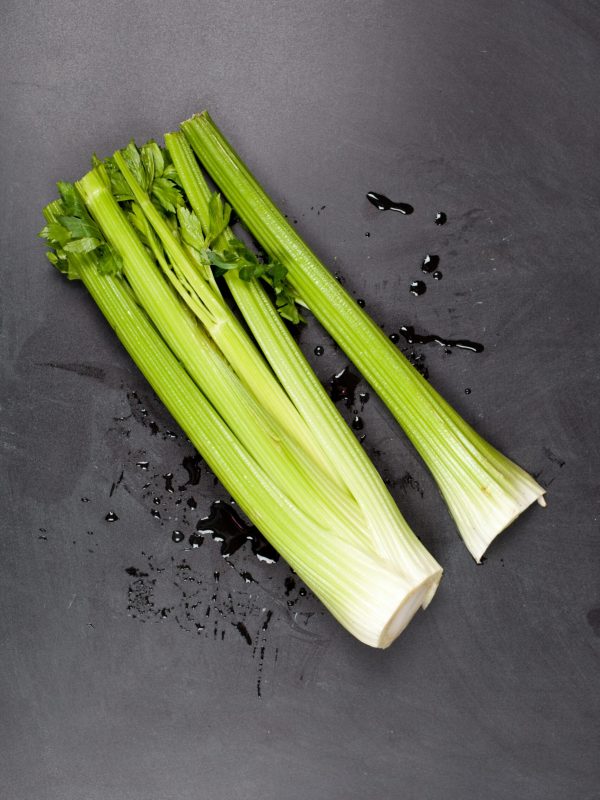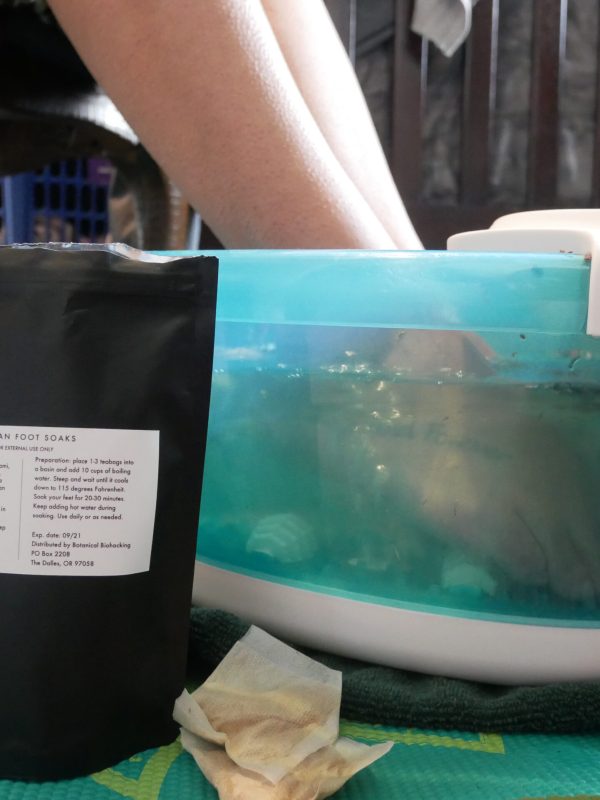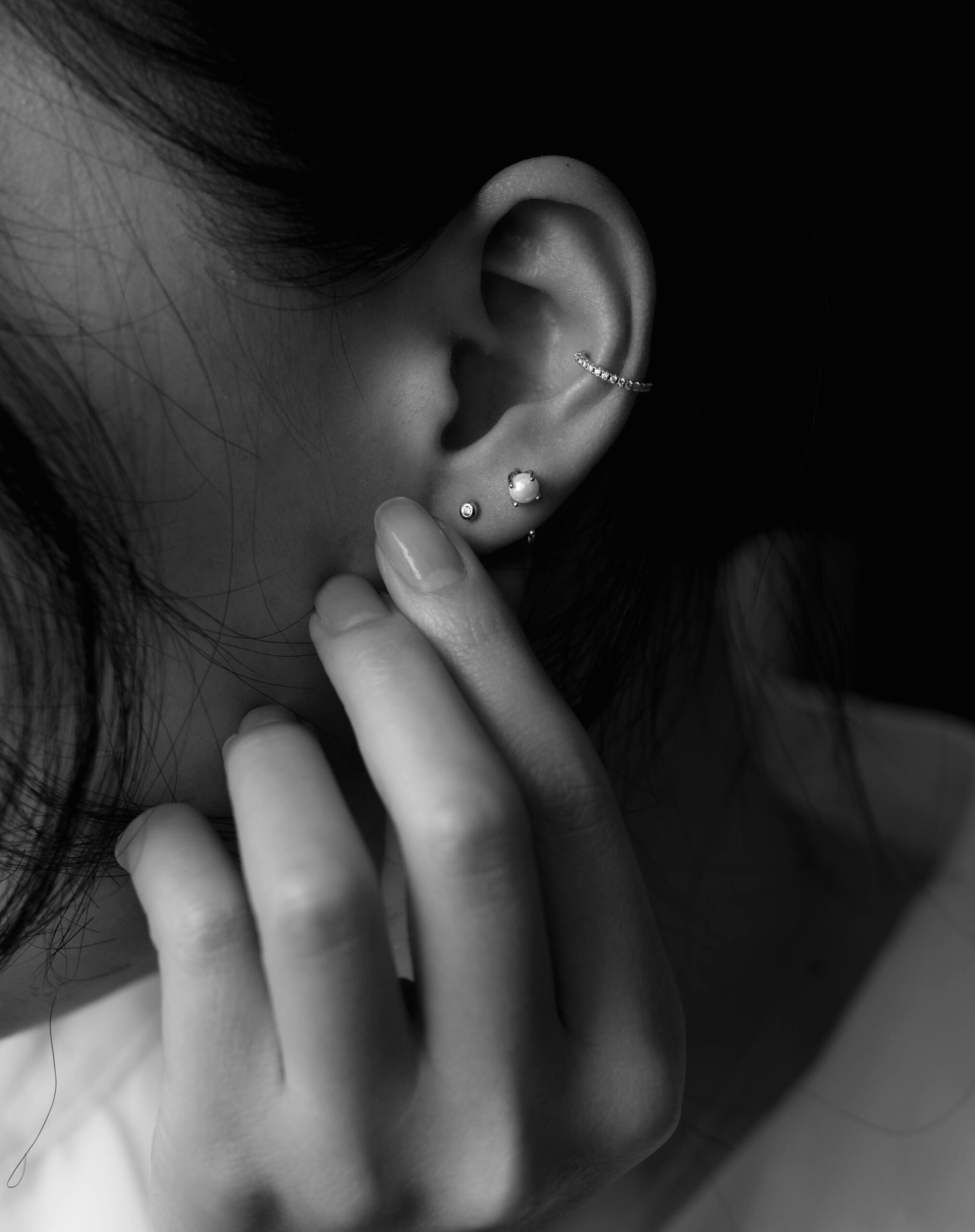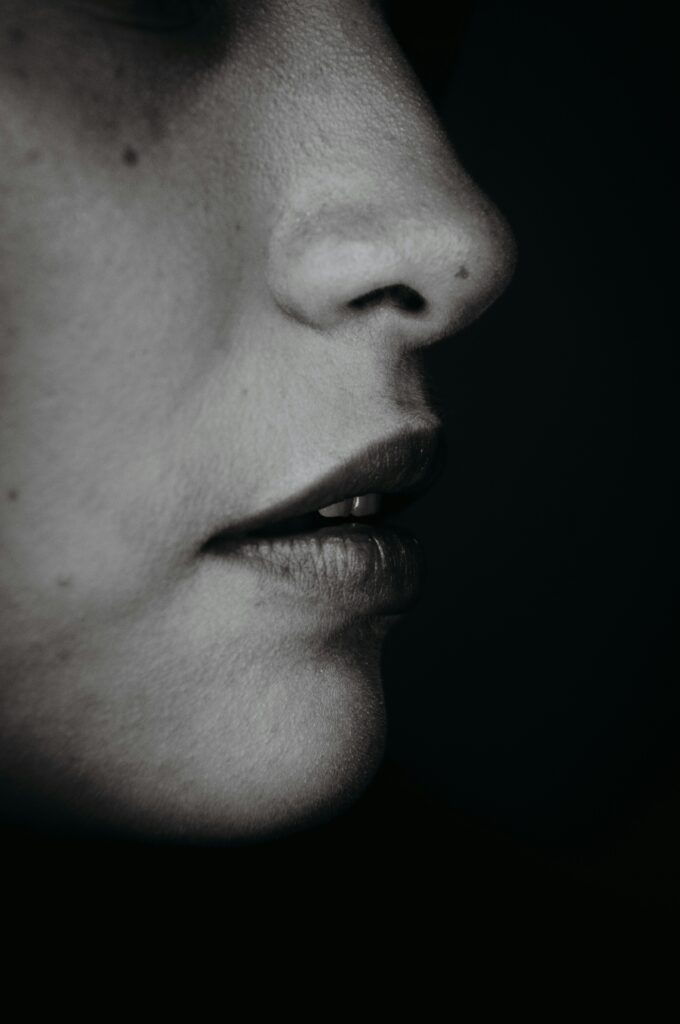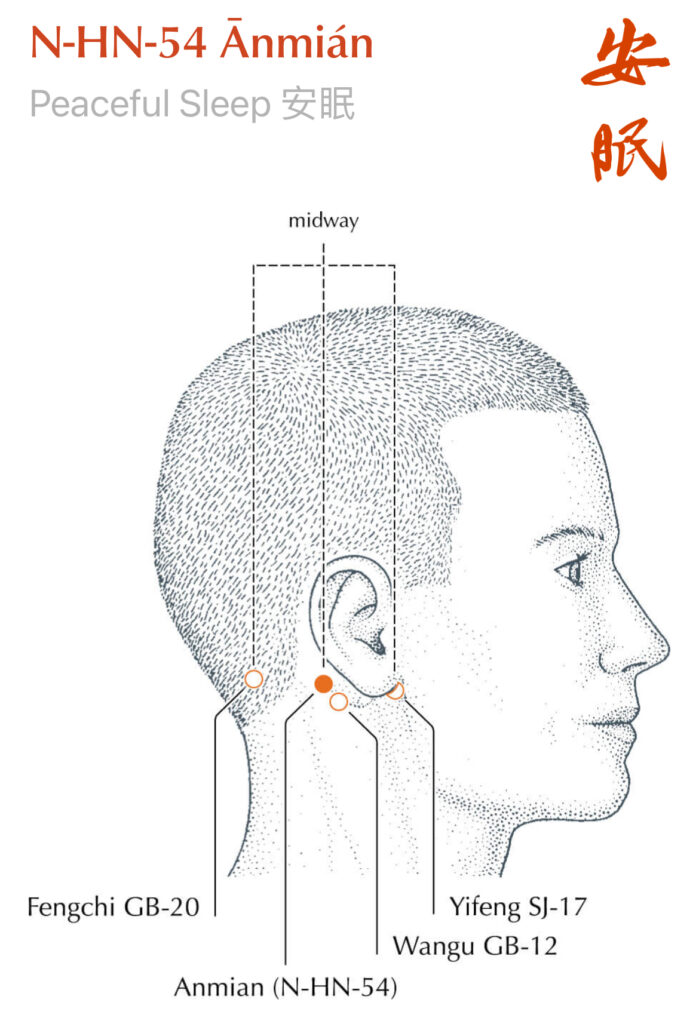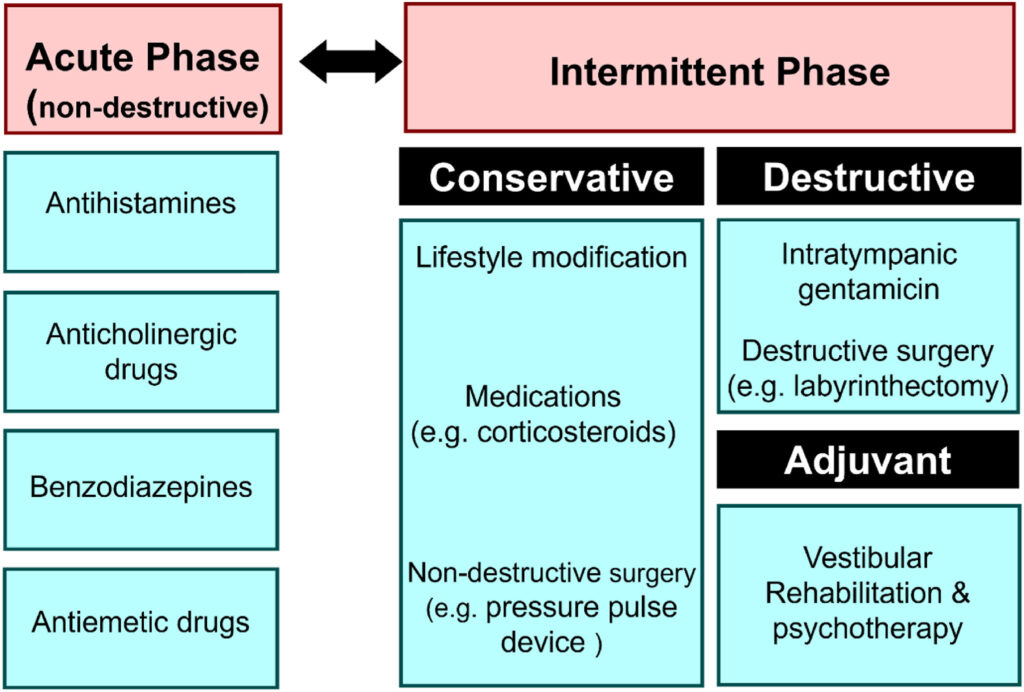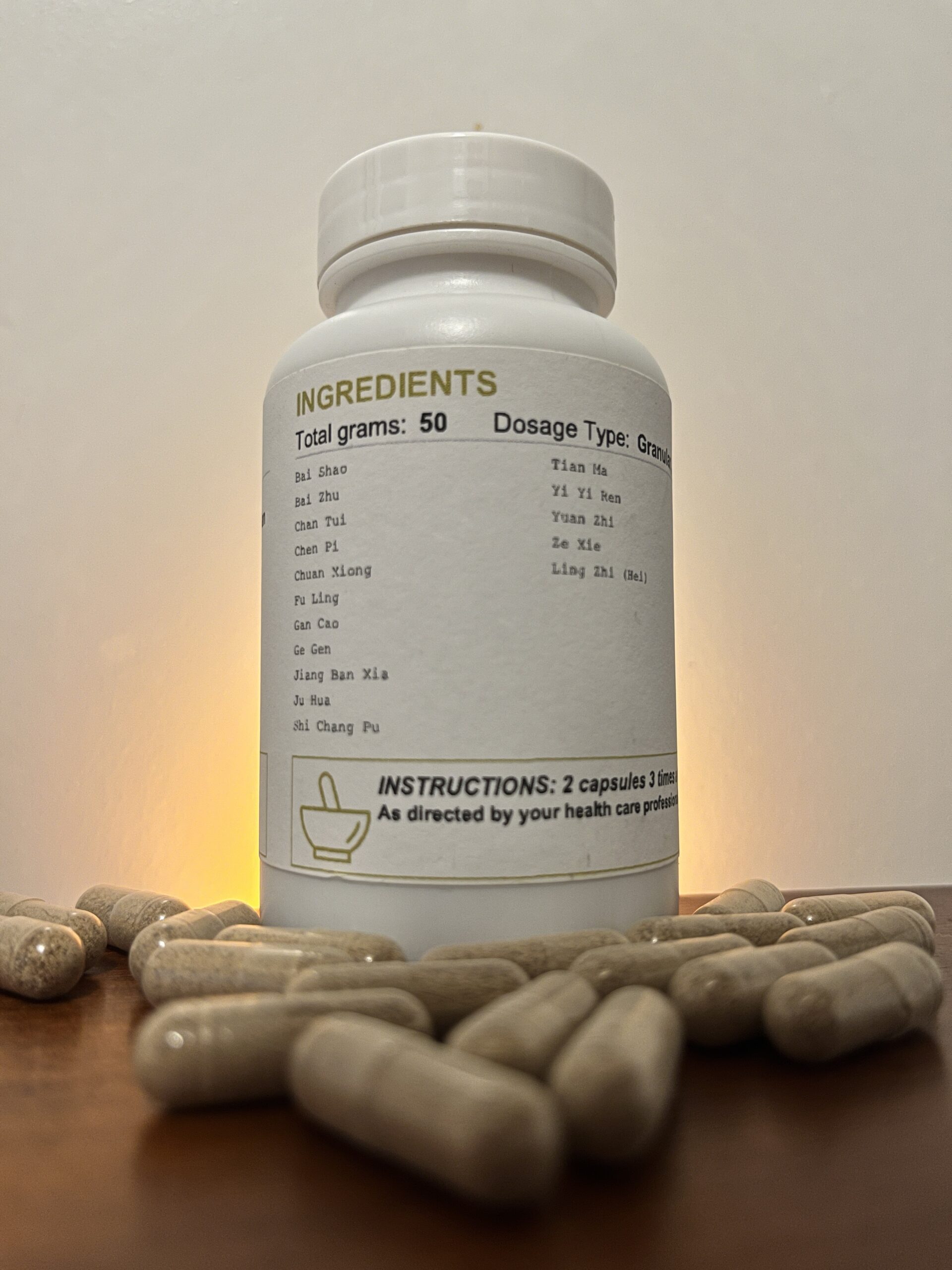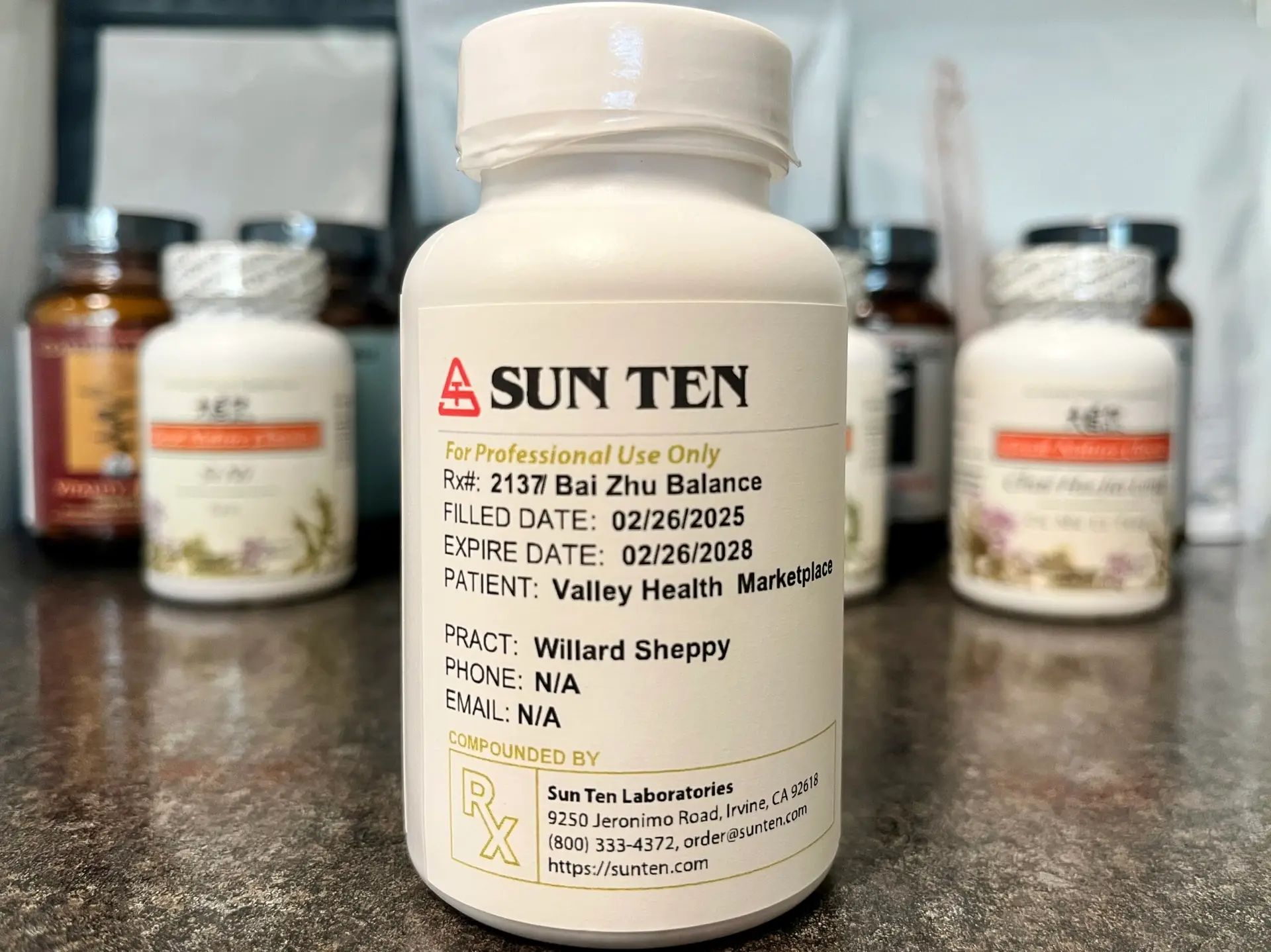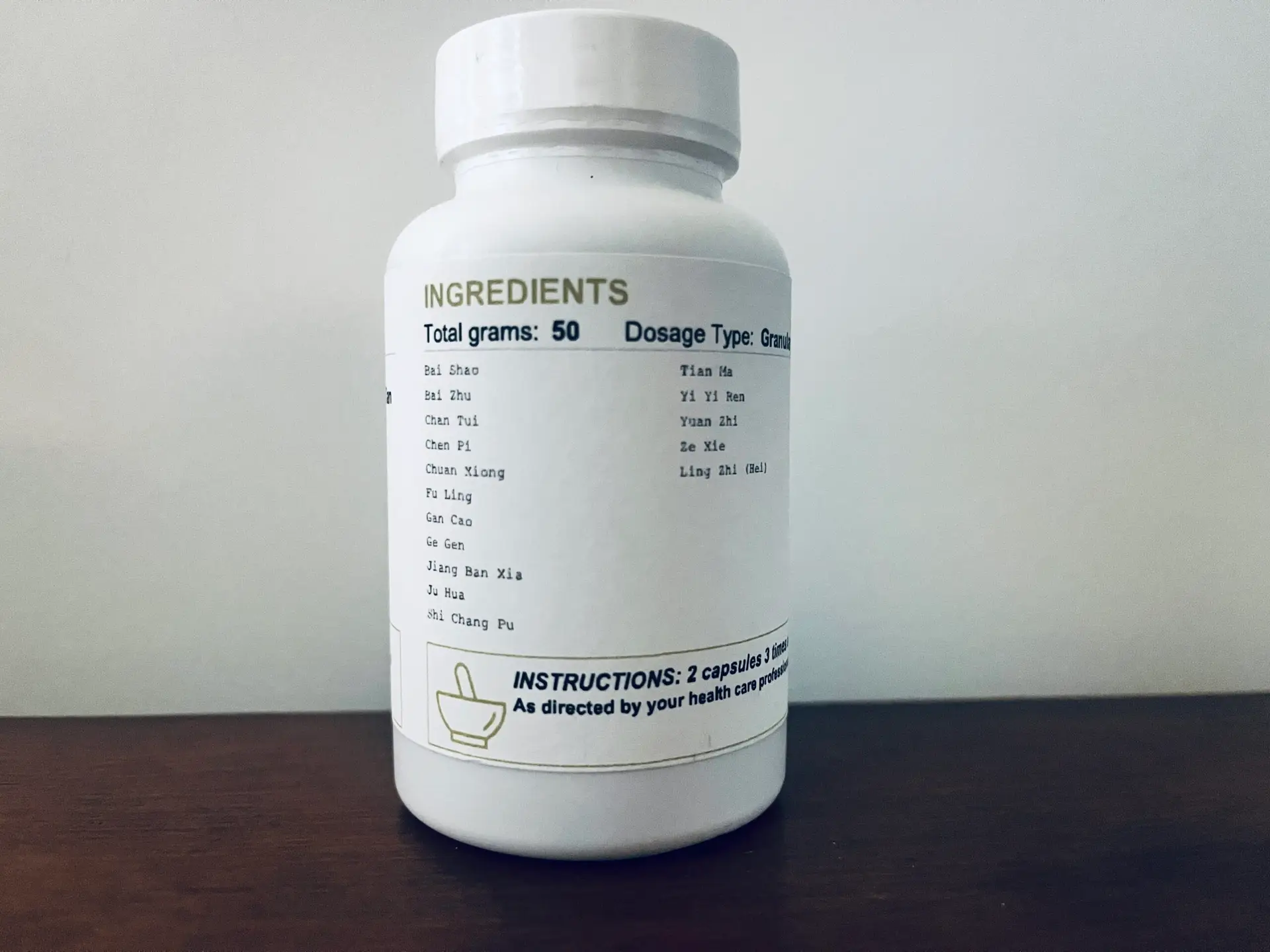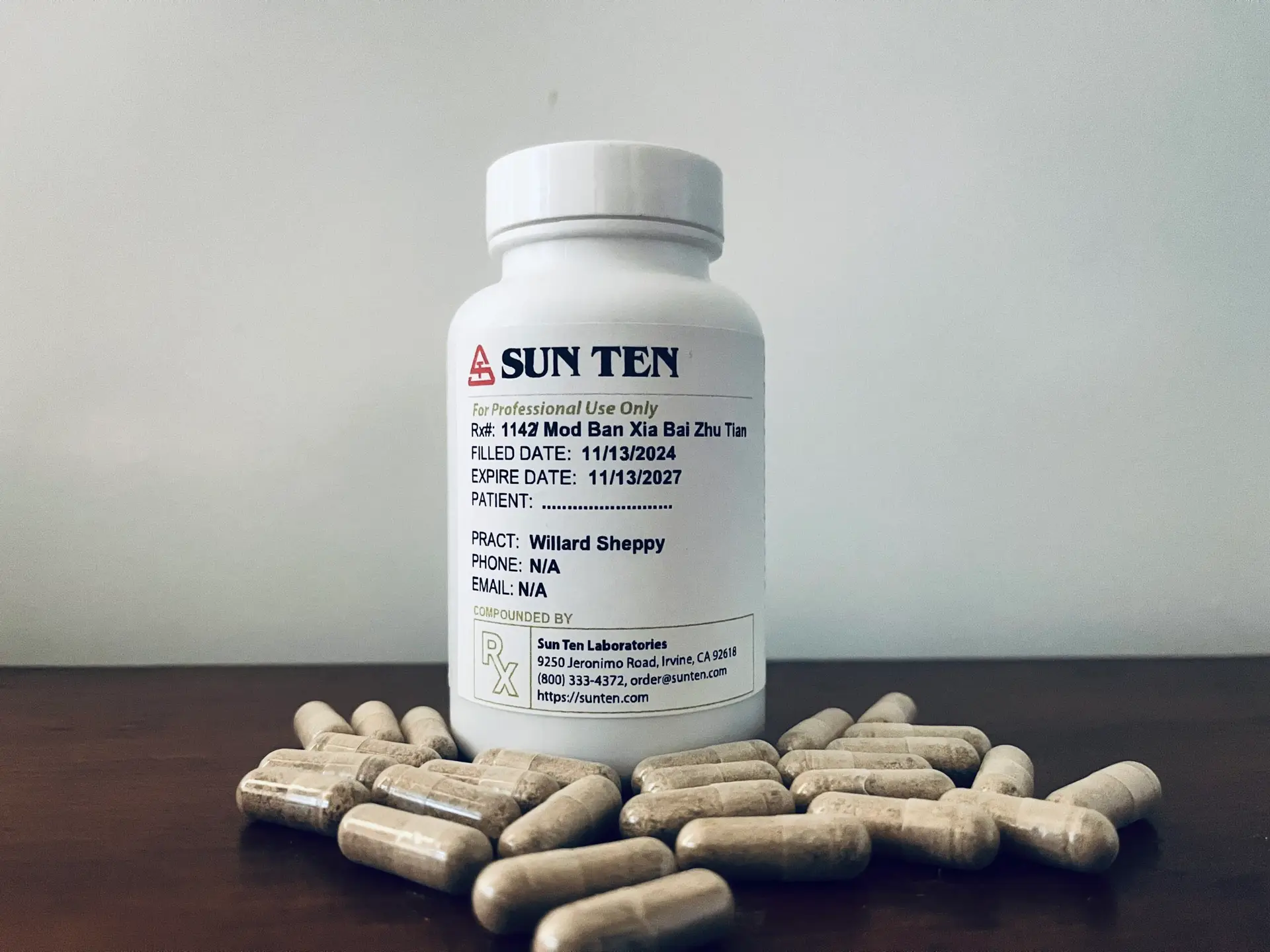
Treating Meniere’s Disease

Willard Sheppy Dipl. OM, LAc, BS
Willard Sheppy is a licensed acupuncturist (LAc) and Founder of Valley Health Clinic specializing in using Traditional Chinese Medicine to treat acute injuries and chronic conditions, and to improve sports performance and rehabilitation.
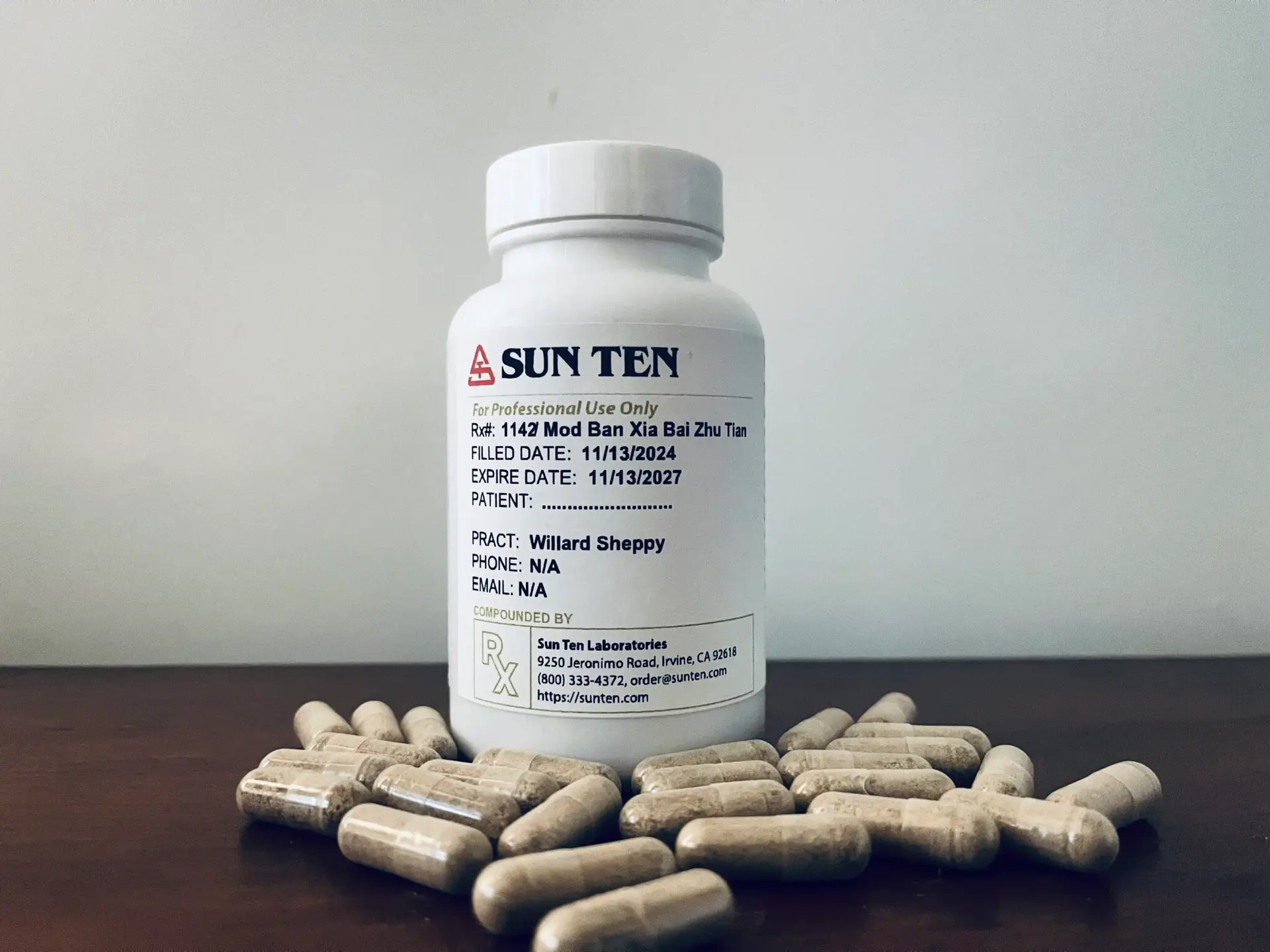
Table of Contents
By Will Sheppy, L.Ac
Ménière’s Disease Rarely Acts Along Video
Neck Pain
How it looks in the clinic
In the clinic, this most often presents as long-standing, one-sided neck tightness on the same side as ear fullness, accompanied by a sense of imbalance rather than true spinning vertigo. Patients frequently report that their dizziness worsens with head movement, posture, prolonged desk work, or stress. Neck pain can also trigger headaches, migraines, and even vestibular or migraine-associated dizziness.
Does this sound like you?
You have a lot of one sided neck pain. Neck-driven dizziness typically feels like the head is “not quite on straight,” off-center, or unstable rather than spinning. It rarely causes the intense rotational vertigo seen in Ménière’s disease. Instead, it creates a sense of disorientation or imbalance that closely tracks neck movement and muscle tension.
What Can Help
Gentle neck care often makes a meaningful difference. Techniques like neck Gua Sha, light manual therapy, and stretching can help reduce cervical tension.
Vestibular Migraines
How it looks in the clinic
In the clinic, vestibular migraines often present like a migraine with foggy-headedness, motion sensitivity, light and sound sensitivity, and episodic dizziness that may or may not include spinning. Attacks can come on quickly and last anywhere from seconds to days. Some patients have classic migraine headaches, while others have minimal or no head pain at all, which makes diagnosis more difficult.
Compared to Ménière’s disease, vestibular migraine symptoms tend to fluctuate more rapidly and leave patients feeling mentally “off” or visually overwhelmed rather than distinctly vertiginous.
Does this sound like you?
Your hearing is not too bad. Don’t have progressive hearing loss. Tinnitus or ear pressure may occur, but it is usually inconsistent and less pronounced. You may feel foggy-headed, visually overwhelmed, motion-sensitive, or unsteady, especially in busy environments or when moving your head. Light and sound sensitivity are common, and symptoms can come on quickly and last anywhere from minutes to days. If your dizziness feels more neurological than ear-driven, fluctuates rapidly, and leaves you feeling mentally “off” rather than spinning, vestibular migraine may be part of your picture—even if you also carry a Ménière’s diagnosis.
What Can Help
Vestibular migraines often respond best to calming inflammation and sensory overload. Ice caps and warm foot soaks can be especially helpful for reducing head pressure and migraine-related dizziness.
Allergies, Autoimmune Activity, and Facial Inflammation
How it looks in the clinic
- In practice, this often presents as worsening Ménière’s symptoms during allergy seasons or weather changes. Dizziness flares alongside sinus congestion, facial pressure, or immune reactions. Patients may notice ear fullness, louder tinnitus, or increased imbalance during times of heightened allergic or inflammatory activity.
Does this sound like you?
- Your dizziness is aggravated during the summer and spring. You notice worsening ear fullness, louder tinnitus, sinus pressure, or imbalance during seasonal changes, illness, high pollen exposure, or periods of systemic inflammation. Symptoms may feel more congestive and pressure-based, and they often track with facial swelling, post-nasal drip, skin reactions, or other immune-related issues.
What Can Help
- For immune-driven patterns, prevention matters as much as treatment. Seasonal prevention strategies such as reducing allergen exposure, supporting sinus drainage. Herbs and allergy pills can help

Bai Zhu Balance
Ancient Wisdom for Modern Balance
The natural supplement designed to treat Ménière’s disease at its root—relieve vertigo, reduce fluid buildup, calm inflammation, and restore clarity.
Gut Health, Inflammation, and Lymphatic Drainage
How it looks in the clinic
Clinically, patients with a strong gut component often report bloating, heaviness after meals, irregular bowel movements, fatigue after eating, or food-triggered dizziness. Tongue coating changes and recurrent ear or sinus infections may also point toward microbiome imbalance. These patients frequently notice improvement in ear symptoms when dietary triggers are addressed.
Does this sound like you?
Your Ménière’s symptoms seem closely tied to digestion, food choices, or how your body feels after meals. People with gut-dominant Ménière’s disease often notice ear pressure, dizziness, or fogginess worsening after eating, especially with certain foods, large meals, or periods of poor digestion. Bloating, heaviness, fatigue after meals, irregular stools, or frequent food sensitivities are common clues.
What Can Help
Supporting digestion and the gut microbiome is foundational. Simple steps like identifying food triggers, eating regular meals, improving fiber intake, and supporting beneficial gut bacteria can lower systemic inflammation and improve fluid regulation.
Sympathetic Nervous System Overdrive
How it looks in the clinic
- This pattern presents differently from classic Ménière’s vertigo or vestibular migraine. Patients describe lightheadedness, internal shaking, increased heart rate, anxiety, or a sense of impending panic rather than spinning. Importantly, these sensations often arise because vertigo is frightening, and fear itself perpetuates the cycle.
How it looks in the clinic
- If your dizziness feels more like lightheadedness, internal shaking, or a sense of panic rather than true spinning vertigo, sympathetic nervous system overdrive may be a major factor. People with this pattern often notice symptoms worsen during stress, poor sleep, overstimulation, or after a frightening vertigo episode. You may feel wired but exhausted, with a racing heart, shallow breathing, heightened anxiety, or a constant sense that your system can’t fully settle.
What Can Help
- Recognizing this difference is often profoundly reassuring and helps prevent unnecessary symptom escalation. When the nervous system is stuck in “fight or flight,”l. Slow breathing practices, Loner exhales, then inhales, Nose breathing can prevent thing from getting worse. Improving sleep quality helps. Many patients also benefit from AOYI patches applied to SP-6, a point traditionally used to support calm and nurishment
Common Causes of Dizziness
Condition | Primary Sensation | Hearing Changes | Duration |
Ménière’s Disease | Spinning vertigo + ear pressure | Progressive, fluctuating | Minutes–hours |
Vestibular Migraine | Foggy, floating, motion sensitivity | Less Change | Minutes–days |
Cervicogenic Dizziness | Off-balance, Disconnected | Less Change | Variable |
Anxiety-related Dizziness | Light-headed, Sweating | None | Variable |
Key Takeaways
- Ménière’s disease often overlaps with other conditions that also cause dizziness and vertigo
- Tracking improvement in comorbid symptoms helps you see progress before Ménière’s attacks improve
- Neck pain, gut health, allergies, migraines, and nervous system overactivity all influence inner ear symptoms
FAQ's
What is Microgard?
How do I take Microgard?
How much comes in a bottle?
How do I know Microgard is right for me?
Is it safe?
Is There Anyone Who Should Not Take Microgard?
How long does it take to work?
What makes it different from other digestive supplements?
Where is it made?
How the Comorbidities Can Help
- Neck pain
- Digestive symptoms
- Allergy flares
- Nervous system regulation
- Migraine frequency


Bai Zhu Balance is specifically designed for Ménière's
- Neck pain
- Digestive symptoms
- Allergy flares
- Nervous system regulation
- Migraine frequency
Bai Zhu Balance is specifically designed for Ménière's
- Neck pain
- Digestive symptoms
- Allergy flares
- Nervous system regulation
- Migraine frequency


